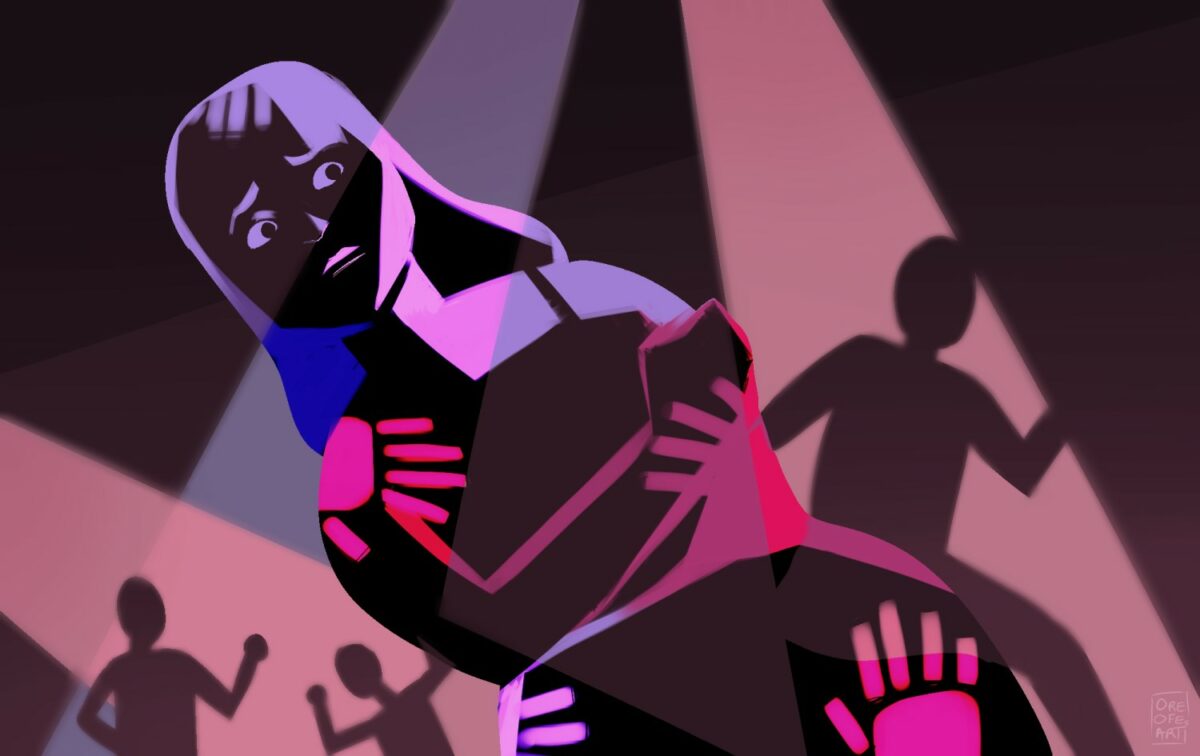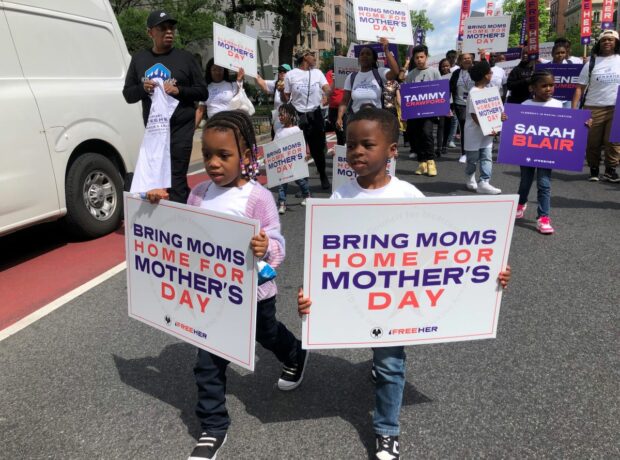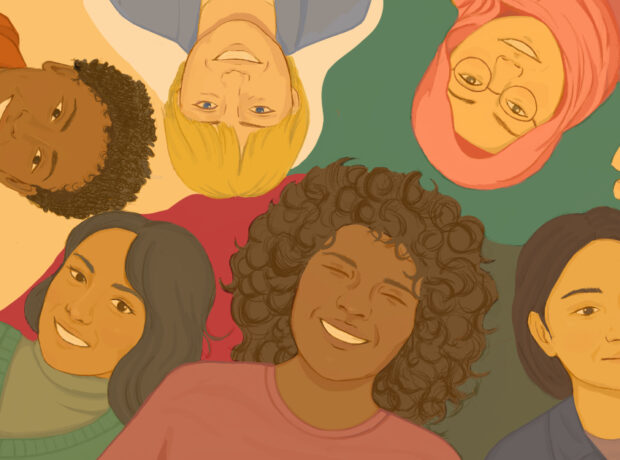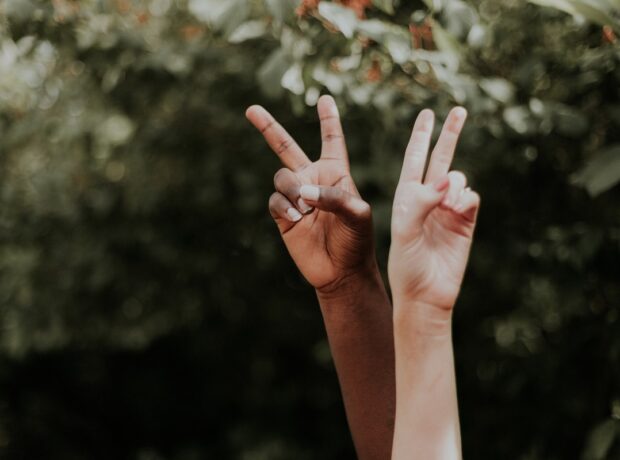In this short story, the writer sharply examines a series of misogynistic microaggressions. Her reflections on three familiar encounters – speaking directly to each man – illustrate how brief examples of everyday sexism, including rape jokes and “banter”, culminate to plague women.
When I first decided to write about rape culture and the subtle forms it can take, especially on university campuses, I wanted to interview multiple women. That was partly because I wanted to show the scale and scope of the problem, but it was also because I didn’t have many of my own experiences to tell. I am very fortunate in that regard. I have been cat called and had jokes made in poor taste, but they’re scattered throughout my life. But then, in the space of eight weeks, I met you three and I suddenly had plenty to speak about.
I don’t know your names, so I’ll call you A, B, and C. Now, you’re probably wondering why I chose you three, I’m guessing our encounters were so momentary and inoffensive to you. But that’s the thing – they weren’t to me. I just want to tell my story so you can know, so you can see, so you can understand. And hopefully never do it to another woman.
Let’s start with you, A. I’m sure you don’t remember our encounter at all, it was so mundane.
Have you ever had an item of clothing that made you feel really good? Maybe it’s a T-shirt from the time your saw your favourite band in concert, or a hoodie you saved up for. Or maybe it was just some really nice shoes. An item that makes you feel good. Confident. Powerful.
Then imagine someone smiles at you. Not smile – that’s not what it was. A leer. A leer not at your face but your body. Suddenly, you feel exposed, vulnerable to the world. You feel small.
For me, the item of clothing in question was this stunning top. I had found it on Depop from this little indie seller. It was deep red. Bell sleeves. It could be tied at the back or the front, which excited my sustainable fashion heart. Tying it at the front however meant that it had a lower neckline than I normally wear, but I wanted to be brave and wear what I chose. I was heading to a friend’s birthday party. Most people were going full out: Oh Polly dresses, suit jackets, heels. This top was all I had with me at uni that fit the dress code and the party would be the first time I had the chance to wear it. I was a little worried about the plunging neckline, even mentioning it to my flatmate, but she told me how pretty I looked in it. I put my fears aside and went to the party.
Two minutes after leaving home I saw you, A. I understand the usual passer-by smile, but you weren’t doing the polite smile of someone walking in the other direction. Your smile was too broad. Your gaze fixed not on my face but on my chest. I wanted to cover myself, run home to change. But I had nothing else to wear and no time anyway. I spent the rest of my journey to the party feeling anxious about the top. Worried every other man passing by would have the same look that you did.
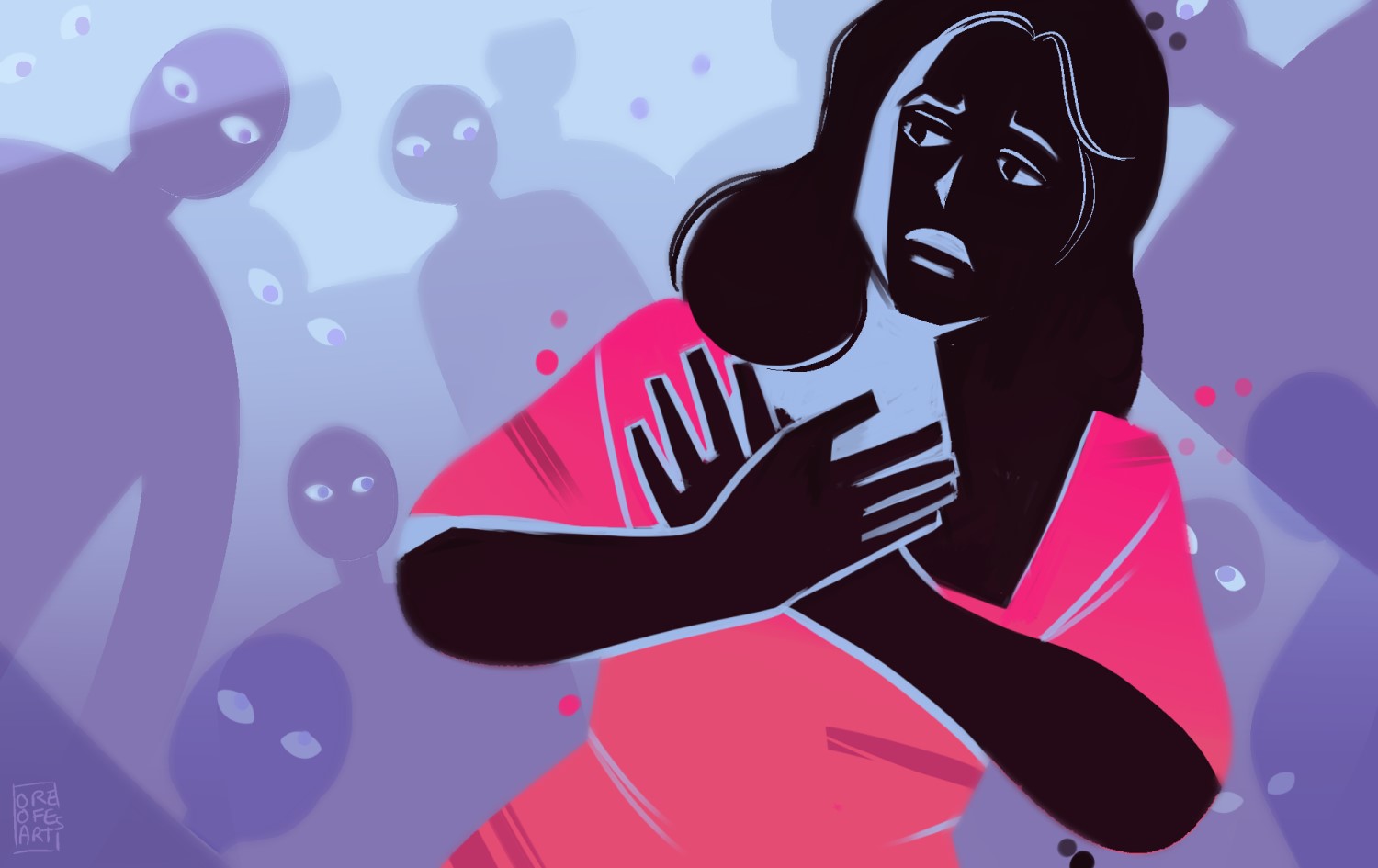
Now, I know people will say I was asking for it. I was wearing a revealing top so, clearly, I wanted men to stare. And that I can’t blame you, A, for looking. But, to me, it wasn’t just a look. I felt like an object, like I wasn’t a person anymore, but just a body for someone else’s mental entertainment. All this because of a top. I had worn that top to feel pretty, but I didn’t feel that way anymore. I felt exposed. Not because I was wearing something revealing but because someone had taken that excitement, had taken that garment, and with one look had twisted it into something ugly.
I wasn’t a person with thoughts and feelings, I was just body parts on display. I wasn’t someone with a destination and a purpose, I was just free momentary entertainment. All because of a top.
Why should that give men the right to stare?
In 2021 YouGov and UN Women UK did surveys investigating how many women had experienced sexual harassment. Their data suggested 97% of women in the UK had experienced some type of sexual harassment, and there was outcry from some men who took the news as a personal attack and set the hashtag #NotAllMen trending. I think that’s because they saw the word ‘harassment’ and thought it meant stalking, groping, even rape.
What a lot of people don’t realise is that a significant amount of sexual harassment falls under the banner of “microaggressions”, which includes things like staring. I had actually taken part in the YouGov survey, so I know the questions they asked. One asked if I had ever experienced someone staring at me. When some men heard that one, they baulked “so we can’t even look at women now?” But it wasn’t about a quick glance, an accidental catch of their eye. It was an extended stare. A gawk. And that’s what you did. Do you understand?
Let’s move on to B. Our paths crossed at a university club event where I brought along my male friend. We had fun; dancing, talking to some new people, drinking. At one point we decided we wanted another drink. Neither of us were near our limit, which might be why I remember this encounter so clearly. We walked to the bar and somehow, we lost each other. It was dark, with only brief flashes of light illuminating the crowd. I thought my friend was right behind me, that I was safe with a friend close by. I was dancing along to the music, my hand in the air, enjoying my night. But I didn’t realise we had been separated.
Read more: A year on from the Girls’ Night In protests: Sober reflections on spiking and nightlife safety
I felt another hand grab mine. I thought it was my friend, or someone I knew. Who would grab a stranger’s hand? But as I spun to look at who it was, I saw you, B. I asked, “Who are you?” My eyebrows furrowed, confusion and annoyance in my expression. Confusion because I didn’t know you, annoyance because that a stranger had deemed it appropriate to grab hold of me. But what made this encounter stick out for me more, was your expression when I asked “Who are you?”. You looked surprised. As though you assumed I wouldn’t ask anything, wouldn’t react negatively to being grabbed. As though me dancing in a club meant I wanted strangers to grab me.
People will say it was just a hand, that I’m making a big fuss over nothing because girls get way worse in clubs. I know that. I’ve been with my friends when they’ve been groped.
But that also implies there is a level of unwanted touching that women should just put up with, as though it’s a fact of life and you’re lucky it wasn’t worse.
Neither situation should happen. I get that grabbing a stranger’s hand might seem like nothing. But it wasn’t nothing to me. You’ll say “how else are we meant to approach women? To flirt with them?” If I was trying to approach a stranger, I would do it so they could see me. Not grab a part of them from behind. I assume you wouldn’t have done that outside of a club. So why is it supposedly okay to do inside a club? The setting doesn’t imply consent to be touched, even in innocuous places like the hand. I’m not saying you meant harm. But if you’re able to grab even a hand without consent, what’s to stop it from going further?
Another reason this encounter made me angry and why I remember it clearly was because this all happened the one moment I wasn’t with my male friend. As if I have to be right next to him to prevent another man invading my space. I have experienced it time and time again, where a man respects another man more than me. Even at my old job the bartender would always look offended if you reacted to him touching you, “I’m just being friendly”- but he never put his hands on the male waiter’s waists to get past.
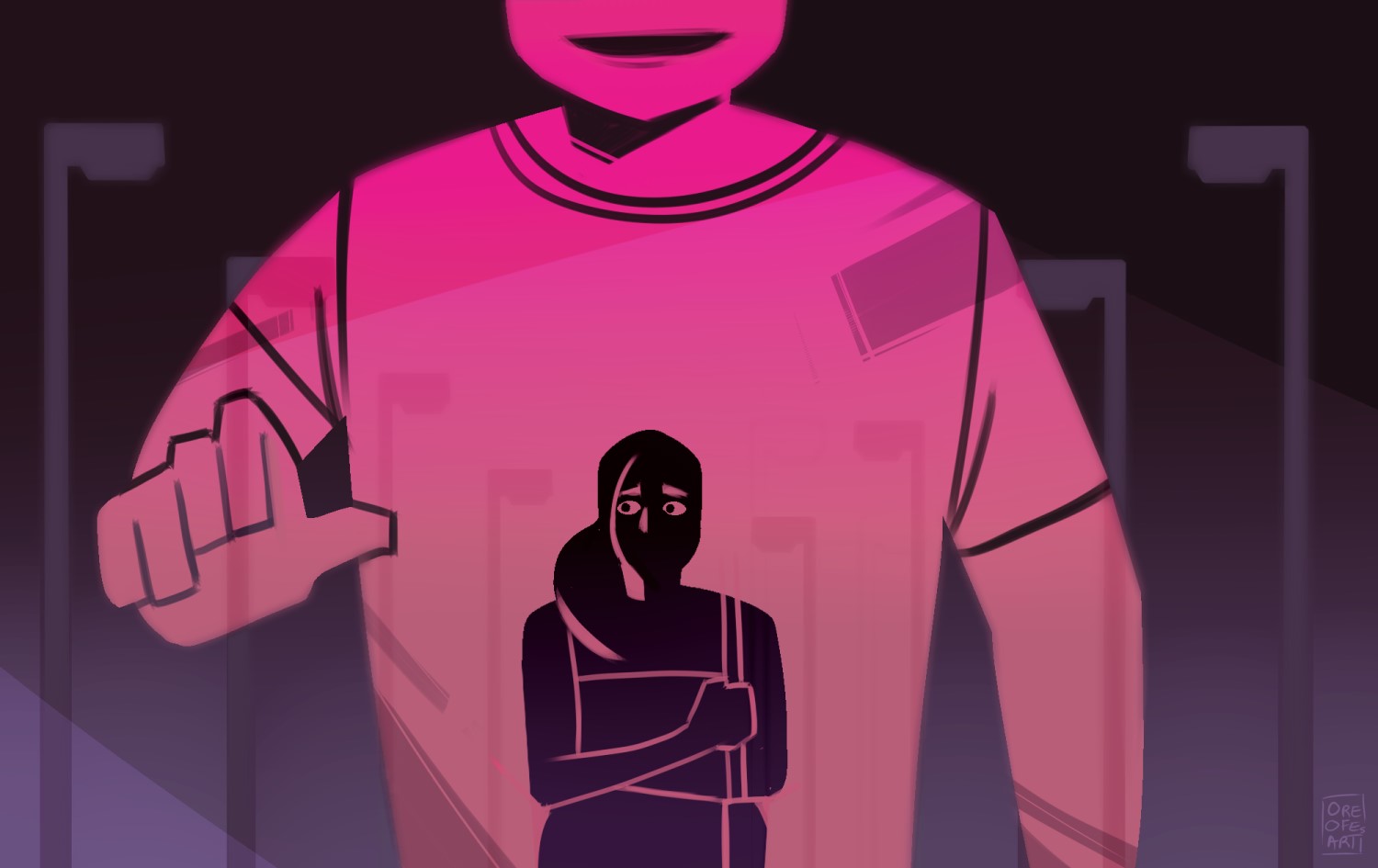
It may have just been a friendly gesture on your part, B, but would you grab a guy’s hand to try and dance with him? Would you have done it if my male friend was there? I get that to you it was just a hand, but to me it was a signal that I have no power, no respect, no personal space, unless a man is standing next to me. Do you see what I’m saying?
That brings us to you, C. You might be the hardest. It’s why I left you until last. When confronted with what you did you took the typical defence of denial, saying: “I shouldn’t be held accountable for one drunk mistake, one drunk comment.” I just want you to hear my side of it. Maybe then you’ll finally understand the impact of your “drunk mistake.” You’ll say I’m making it sound worse than it was, it was still just a subtle thing, pretty much harmless. But I still need to say it.
I met you, C, at a bus stop. I had just left a club and had to get home. All my other friends lived near the club so were walking home together. I’d usually get an Uber but they’re expensive and I’d already spent way too much that night. I knew there was a bus coming at some point, so I walked to the stop. You were sat on the bench. You asked where I had been. When I mentioned I was out with my sport club, you said I didn’t look like a dancer. I was being judged on my clothing again – baggy black trousers and a cardigan – although in a very different context. We didn’t speak for the rest of the wait time. I got on the bus, sat down by myself, and was about to watch a video when you came on. You said you’d sit behind me so we could talk. I instantly felt uncomfortable. Perhaps you thought if you had sat next to me that would be worse, but something about you being behind, made me unsettled.
I felt obliged to talk to you. You had implied I would be rude to just sit on my phone for the 20-minute bus ride. Plus, I have a bad habit of people pleasing, and even to a stranger I didn’t want to be perceived as rude.
Although I think many women can understand this, we often make ourselves compliant, either because we’re scared what could happen if we’re not, or because that is what society expects of us.
You made more assumptions, spoke for most of the journey. You mentioned you were also going back to my neighbourhood. I didn’t want to carry on this conversation. I was tired, my feet hurt from dancing, and I just wanted to get home.
We got to the interchange. I began to walk quickly for two reasons. To get home, and to lose you. I put in my headphones and was queuing up music when you caught up with me. “Where are you storming off to? I thought we could continue our conversation.” Why didn’t I just say no? I don’t think it was just the people pleaser in me. I was still kind of drunk, and knew you’d be heading in the same direction. I didn’t know you or how you’d react. Perhaps it was just easier to agree to walk with you for a bit.
We got to a roundabout. I began heading the way I’m used to. You said you wanted to go in the other direction. I didn’t know that way, and it looked dark. So I put my foot down and said I am going the way I know. For obvious reasons. Mainly that I didn’t know where that way would bring me out. But then you said your “drunk mistake.”
“You still don’t trust me? We’ve been having a lovely conversation for the last half hour. And alone in the dark for the last ten minutes. If I wanted to rape you, I would have by now.”
At that moment I became intensely aware of how in danger I could be. I tried to remember self-defence moves, but I had never actually tried self-defence in the real world. And you were a lot taller than me. I was weighed down with a bag. I was still fairly drunk. I felt my stomach roll with anxiety. What was I meant to do if you suddenly changed? You seemed unaware of the panic on my face, the way I gripped my bag tighter, how I walked quicker. You had said it so matter-of-factly as though that sentence had no consequences. Perhaps it didn’t for you. But me? I was terrified.
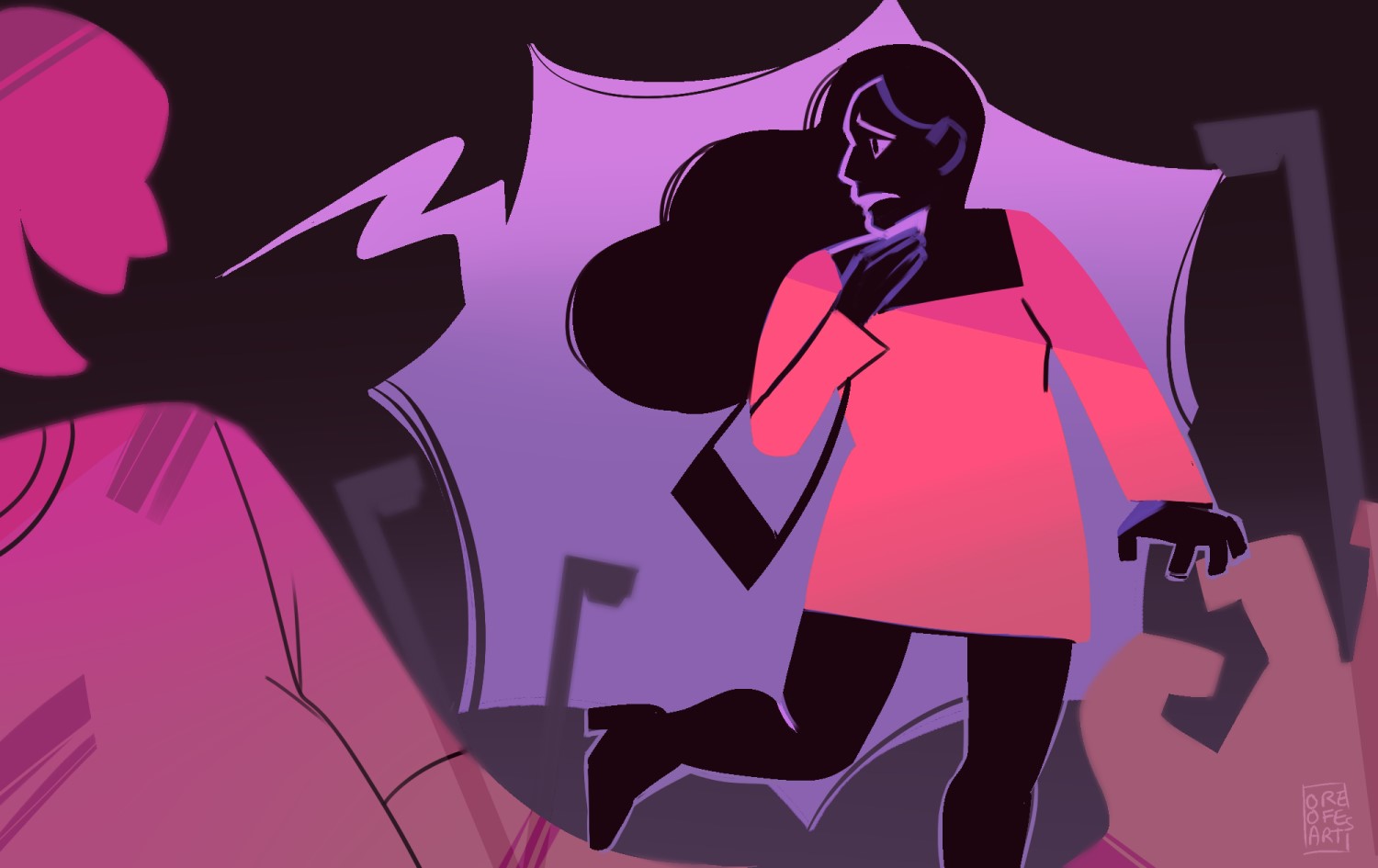
We carried on walking, me feeling trapped while you proceeded to trauma dump on me (another problem of how men perceive women, but that’s a conversation for another time). We got to the top of the road that led me home. You asked for my socials, and again I agreed because I didn’t feel I had a choice. I had no intention of accepting your request. We said goodbye and I walked quickly home, constantly looking over my shoulder.
Now C, will you listen instead of getting defensive?
I never said I was scared to go the way you wanted because of you. You assumed that. You made yourself the “good guy”.
But with your clumsy drunken remark you revealed that “good guys” are not different from the rest on account of their benevolence. What distinguishes you, a “good guy”, is that you withheld any dark, twisted impulse to hurt me, but still made sure I knew you could.
Perhaps you thought it was the “good” thing to reassure me that despite being able to wield violent, disproportionate power over me, you chose not to. Perhaps you meant it to be reassuring. But what you actually signalled was how dangerous the situation could have been for me. I was meant to deduce from a 20-minute conversation, that you imposed on me, that you wouldn’t rape me. That you were one of the good ones. That next time I could be walking home with the wrong guy.
You didn’t know my history. If I had been a survivor, as one in four women are, your “drunk comment” could have had a serious impact.
It’s hard not to get angry at you, C. But that won’t help you understand. I am trying to stay measured in my tone, but our encounter really affected me. It doesn’t matter if you don’t remember saying it. Because I do. And that means something. Do you understand that?
I have used these three encounters with you guys in the hope of educating. I believe, like many do, that the way to end rape culture and all that it contains, is through education. Stopping those actions requires teaching boys – and men – why those actions are wrong in the first place. We must teach how things like staring, grabbing a hand, or making a flippant comment about rape relates to the larger problem. Rape doesn’t exist in a void. It persists in our society because we allow it, but also because we allow these more subtle forms of harassment. As if a certain level is acceptable. But we shouldn’t have to. In fact, if we keep ignoring these everyday encounters, we create an environment for rape to continue. How do we educate those who aren’t in school anymore? For me it starts with telling my story, and just hoping that you can see it from my side. That you can understand.
All illustrations by Oreofe Morakinyo
Read more:
